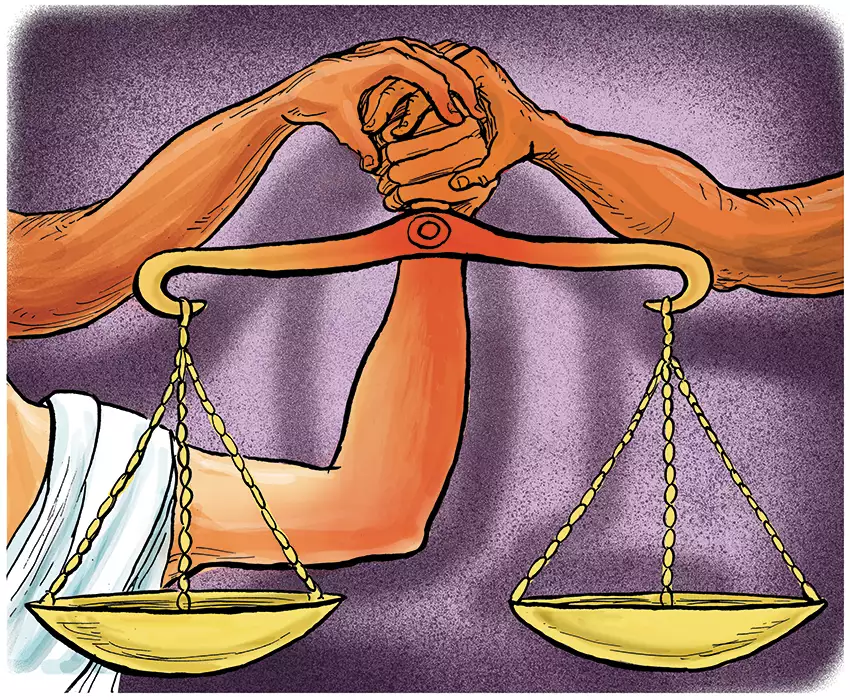SECURING AN INDEPENDENT JUDICIARY IN INDIA
Sai Kalyani S, Student at Christ (Deemed to be University), Bangalore.
Best Citation – Sai Kalyani S, SECURING AN INDEPENDENT JUDICIARY IN INDIA, 2 ILECR 19, 2022
ABSTRACT
The three primary pillars of the government are the Legislature, the Executive, and the Judiciary. The legislature, often known as Parliament, is in charge of enacting legislation. The Executive carries out the laws passed by Parliament, while the Judiciary interprets them. As a result, the Indian judiciary works as both a law interpreter and a watchdog for the country’s Constitution, which demands an independent and integrated judiciary. The three pillars of Indian democracy are interrelated and operate together to maintain the government’s proper and orderly functioning. The court, on the other hand, has broad powers to review and overturn executive and legislative decisions and actions if they are determined to be in violation of the Constitution. The power of “judicial review” of legislative and executive action is widely seen as a necessary tool for upholding the notion of separation of powers and the rule of law. An independent judiciary ensures that the justice system is not influenced by other branches of government or political authorities, and that it is accountable to the Constitution. This independence also assures that no part of the government abuses its authority. The Act of Settlement 1701 guaranteed judicial independence. Though there is no clear provision in the Indian Constitution, the independence of the judiciary and the rule of law are fundamental characteristics of the Constitution that cannot be changed, as the Hon’ble Supreme Court stated in S.P. Gupta v. Union of India. This research paper will dwell into the constitution provisions on an independent judiciary and various cases where the independence of the judiciary was challenged. The aim of this research is to discuss whether India’s judicial independence is at stake. The paper would also provide suggestions to instill the independence of the judiciary in India among other things.
KEYWORDS
Constitution, independence, judiciary, rule of law
